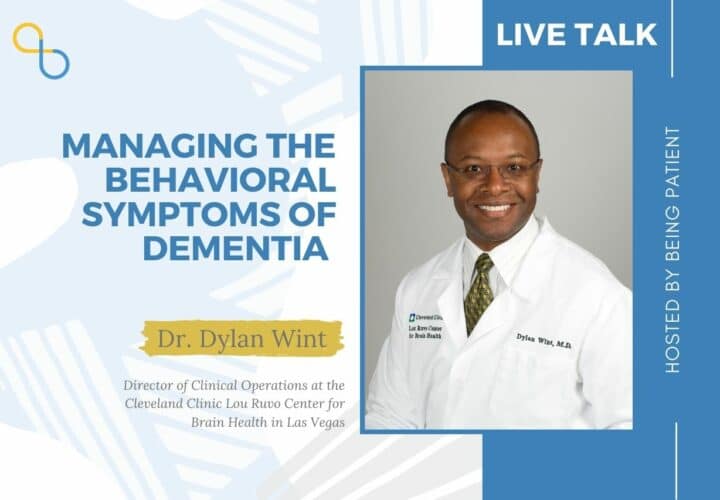Scientists in the UK found that ADHD drugs might be the answer to treating apathy in people with Alzheimer’s disease.
At least one in four people with Alzheimer’s experience apathy. Despite its prevalence, existing drugs for Alzheimer’s cognitive symptoms don’t address this symptom. But new research shows a treatment might already be out there. Scientists in the UK have found that two existing, FDA-approved drugs for ADHD stimulate just the right region of the brain to potentially treat apathy in people living with Alzheimer’s.
“People with Alzheimer’s might seem like they don’t have motivation or the energy to get out,” said Michael David, a clinical research fellow with the UK Dementia Research Institute and a first author on the study. “They might seem reluctant or just too tired to do things. That comes under the umbrella of apathy.”
How does Alzheimer’s cause apathy?
Over the course of Alzheimer’s disease, different regions of the brain progressively die off. Neurons that release a chemical messenger called acetylcholine — crucial for attention and cognition — are especially vulnerable. Researchers developed cholinesterase inhibitors to extend the “lifespan” of this messenger, treating cognitive symptoms by compensating for the loss of these neurons. But other messengers in the brain might also play a role in the disease.
Norepinephrine — a component of the noradrenergic system — is also key for cognition, memory, and attention. Noradrenergic drugs — which affect the brain’s noradrenergic system — are considered important treatments for attention-deficit hyperactivity disorder (ADHD).
The chemical messenger binds to receptors across many different brain regions including the prefrontal cortex which is responsible for complex executive functions and the hippocampus which is responsible for memory.
“We know that in Alzheimer’s, the part of the brainstem that releases this chemical [noradrenaline] gets damaged very early on,” said David. If there isn’t enough norepinephrine to go around, it will begin to impair brain function and lead to apathy.
David explained that this common and so far untreatable symptom is “something that might potentially be benefitted by tuning the noradrenergic system, “perhaps that can bring the best out of the effects that we see from the cholinesterase treatments.”
ADHD drugs improve apathy in Alzheimer’s patients
David and his colleagues analyzed data from 1,300 patients spanning 19 clinical trials that tested whether noradrenergic drugs benefited Alzheimer’s symptoms. These drugs include atomoxetine, methylphenidate and guanfacine.
They found small but significant improvements to overall cognition and also a larger effect on alleviating apathy.
Though they are unavailable over the counter, these drugs are relatively safe in older people. One study of older adults at risk of Alzheimer’s found that atomoxetine was well-tolerated, with no difference in the amount of side effects reported when compared to a placebo group. (These findings do not account for all possible drug interactions.) Their safety bodes well, but so far, these drugs are not approved for use by the FDA in people with Alzheimer’s.
The senior author on the study, professor Paresh Malhotra from Imperial College London, is also spearheading a clinical trial testing the therapeutic potential of combining an ADHD drug called guanfacine with cholinesterase inhibitors.
The trial is recruiting 160 participants — who are already taking cholinesterase inhibitors — that will receive daily tablets of guanfacine or placebo.




